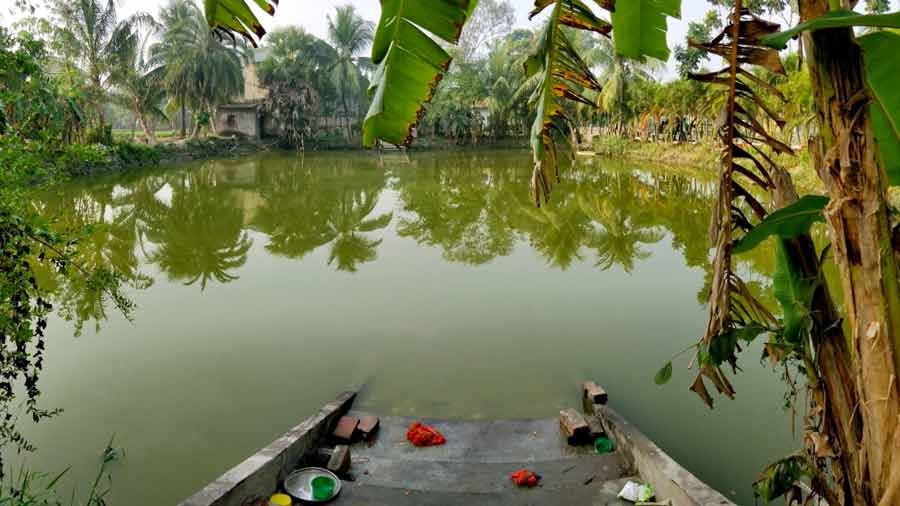Kolkata Municipal Corporation (KMC) is mulling over handing water bodies in the city at minimal cost to non-profit firms, clubs and other organisations against obligatory pisciculture.
“Legal options are being explored about how to hand over water bodies to non-profit firms, local clubs or other organisations against lenient conditions for their proper preservation — the main being undertaking pisciculture in them. Adding greenery around the water bodies and conserving them are the other conditions,” mayor Firhad Hakim told this correspondent recently.
Hakim admitted that according to the Fisheries Act, KMC had taken the control to manage many ponds but had found it difficult to maintain all of them on its own.
The environment department in the civic body has informed that though the process officially began rolling in 2019, the pandemic pushed back the efforts so far.
“Covid has pushed us back and so far, we could only start pisciculture in 15 water bodies. However, we are restarting the initiative and hope to expand the programme significantly,” said Swapan Samaddar, member, mayor-in-council (environment department), which looks after the water bodies in the city.
“Once any social organisation shows interest, we will try to help them in procuring fish seedlings initially,” added Hakim, sharing that the civic body would decide on the renewal of the permission after every year based on the performance of the organisation.
Welcoming the step, the green lobby iterated that water bodies are under threat of a section of realtors. But it expressed hope that the mayor would fulfil his promise to save water bodies.
“Any effort to save water bodies is welcome. However, the ground reality is several water bodies in the city are under threat of unscrupulous realtors as well as encroachers. We plan to meet the mayor and share the list of vulnerable water bodies in the city as well suggest him how to save them,” said Naba Dutta, the secretary of Sabuj Mancha, an environmental organisation.
“Undertaking pisciculture is a good idea but the civic body should ensure that all eligible groups, particularly the fishermen’s group, get access to these offers,” pointed out Sasanka Deb from Disha, which works with fishermen.
According to experts, successful pisciculture in a water body signifies that it is being well maintained.
“I have personally taken the initiative to conserve a pond in Chetla area (south Kolkata) and that is doing well in fish farming,” shared Hakim; who, in his ongoing stint as mayor, seems to be laying emphasis on conserving water bodies in the city. “It’s our national duty to save water bodies,” said the mayor-cum-urban development minister recently said in the state Assembly.
A senior official of the civic board pointed out that of nearly 3,800 water bodies in the city, at least 80 per cent belong to private owners. “Of these privately owned water bodies, KMC has taken the power to manage nearly 400 water bodies under the provision of the Fisheries Act but due to paucity of funds and manpower, cannot appropriately maintain many of them. Hence, this effort to involve social organisations to undertake fisheries and save them,” said a senior official.
Another official reminded that when the civic body had earlier sought ‘expression of interest’ on a similar issue, it had hardly received any response.
“Apparently, sizeable investment is needed to dredge these water bodies and make them fit for pisciculture. Moreover, there are security issues as well. Probably, that is the reason why many are not showing interest,” explained the official.
“One has to keep in mind that all water bodies may not be apt for pisciculture for various reasons. I feel that the water bodies in the city should be mapped first as per their present mode of use and then only KMC can decide where they may promote fisheries, and that too, against clear guidelines,” said environmentalist Mohit Roy.
The green activist, who had earlier carried out a detailed survey on city ponds, observed that KMC should also take efforts to conserve the heritage ponds in the city, which may be more than 50.
“We are carrying out a survey on the water bodies,” said Samaddar.

